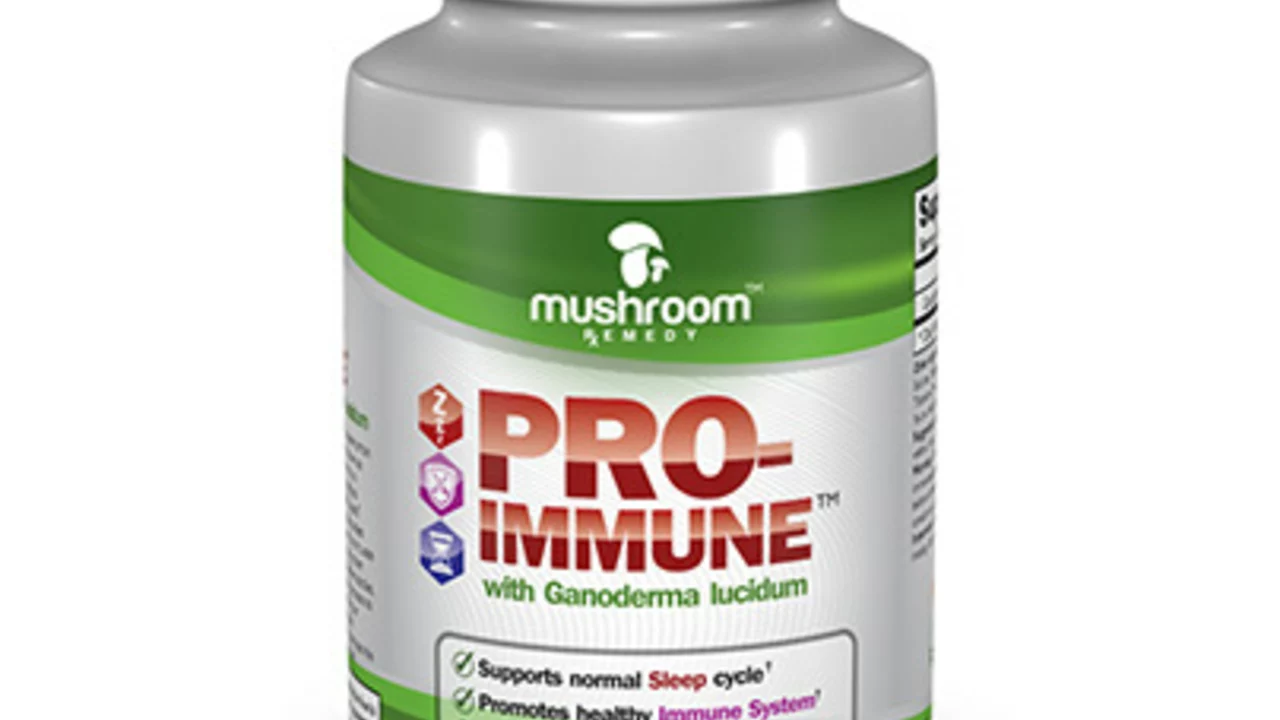Immune System Boost: Practical Ways to Strengthen Your Defenses
Tired of getting hit by every cold or feeling run down after a busy week? Boosting your immune system doesn’t require miracle pills. Small, consistent changes in sleep, stress, food, and targeted supplements give the biggest payoff. Below are clear, practical steps you can try right now.
Daily habits that really matter
Sleep: Aim for 7–9 hours most nights. Poor sleep weakens white blood cell activity and makes infections likelier. Try a consistent bedtime, dim lights an hour before bed, and avoid screens when you can.
Stress: High stress raises inflammation and lowers immune response. Simple wins include 10 minutes of breathing, a short walk, or a quick check-in with a friend. If anxiety is constant, talk to your doctor — stress management helps your immune system as much as diet or supplements.
Move: Regular moderate exercise — brisk walking, cycling, or swimming 30 minutes most days — improves circulation and immune surveillance. Heavy, prolonged exercise can suppress immunity, so balance matters.
Hygiene and exposure: Wash hands, use a tissue or elbow for coughs, and avoid crowded places when sick. Getting natural exposure to common germs helps build resilience, but smart hygiene cuts down on avoidable illness.
Food and supplements that help
Eat real food: Protein, colorful fruits and vegetables, whole grains, and fermented foods support immune cells and gut bacteria. Aim for at least 2 cups of vegetables and 1–2 pieces of fruit daily. Protein is key — fish, poultry, beans, or dairy help build antibodies.
Vitamin D: Low vitamin D levels link to more respiratory infections. A daily supplement of 800–2000 IU is common for general support, but test first if you can and check with your doctor for the right dose.
Vitamin C: Regular intake (through food or 500–1,000 mg supplements) supports immune cell function and may shorten a cold if started early. It’s safe for most people in moderate amounts.
Zinc: Lozenges with 10–25 mg of elemental zinc started within 24 hours of symptoms can reduce cold duration. Avoid taking high doses long-term; stay under 40 mg/day unless advised by a clinician.
Probiotics: A daily probiotic can support gut health and the immune system, especially after antibiotics. Pick a product with documented strains and at least 1 billion CFUs.
Herbal supplements: Some people use willow bark, elderberry, or other herbal options. These can help symptoms but vary in quality. Read the product label and ask your provider if you’re on other meds.
When to see a doctor: If you get frequent infections, have chronic illness, take immune-suppressing drugs, or have severe symptoms (high fever, trouble breathing), get medical care. Vaccines remain one of the best, evidence-backed ways to prevent serious infections — check updates with your healthcare provider.
Want more? Our site has practical guides about supplements (like willow bark), safe medication use, and when to choose medical treatment over self-care. Small daily changes add up — start with sleep, food, and one targeted supplement, and track how you feel after a few weeks.

